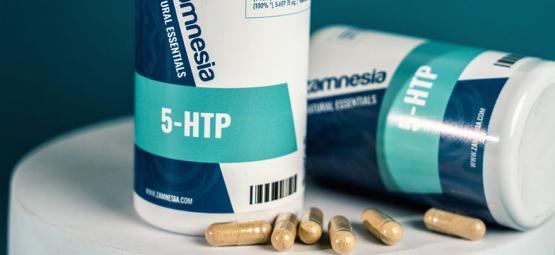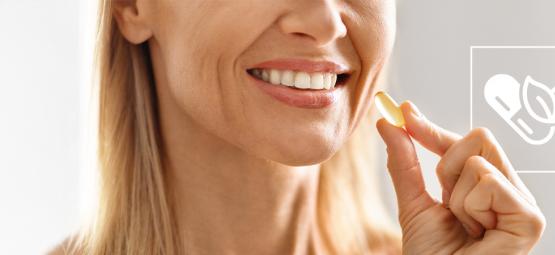What You Need To Know About Tryptophan
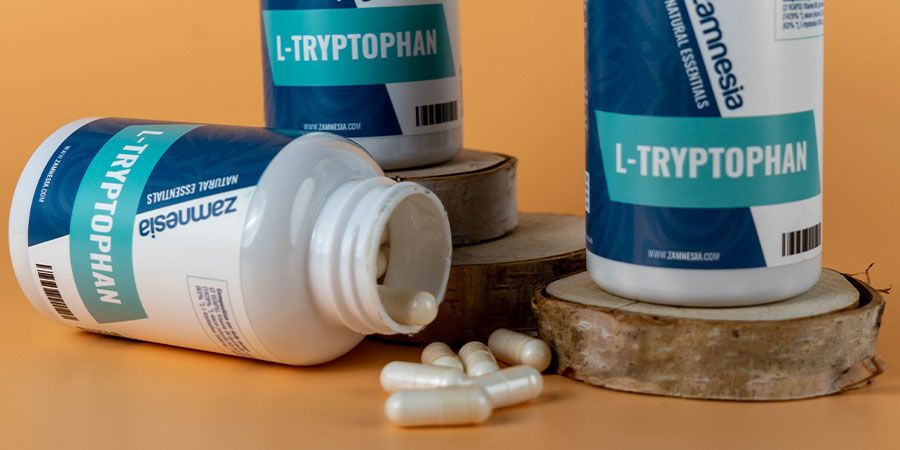
Tryptophan is an essential amino acid that our body receives from food or supplements. According to preliminary research, boosting your intake of tryptophan could come with a variety of benefits to well-being. Read on to learn how tryptophan could be of use to you.
Have you ever gotten pleasantly sleepy after eating a turkey dinner? That post-feast feeling isn't just because your stomach is full. Some of those satisfying, sedating effects may be due to the tryptophan in the turkey.
Read on to learn how this essential amino acid is gaining ground as a popular supplement with numerous potential benefits. Here's everything you need to know about tryptophan.
What is tryptophan?
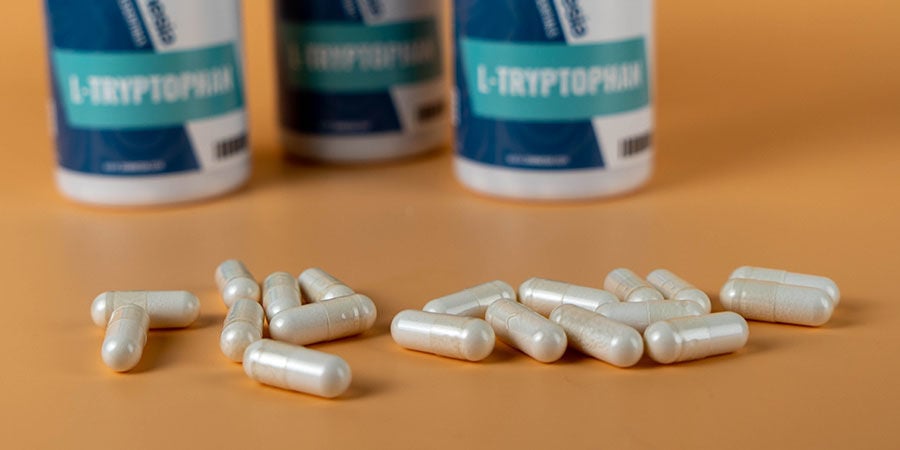
Tryptophan is an essential amino acid—the body doesn't produce it naturally. Instead, we need to get tryptophan from food or supplements.
Tryptophan has a variety of uses in the human body. Notably, it is a precursor to serotonin, which is sometimes known as "the happy hormone". Tryptophan also gets converted into niacin (vitamin B3) and melatonin.
Where is tryptophan found?
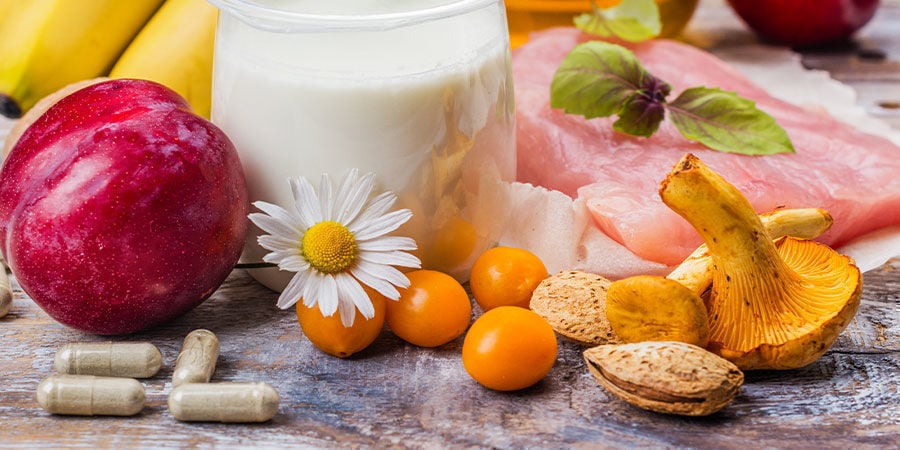
The human body can't produce tryptophan on its own. However, tryptophan can be found in a variety of foods, particularly those high in protein.
Foods rich in tryptophan include:
- chicken, turkey, and fish
- eggs, milk, and cheese
- peanuts
- chocolate
- pumpkin and sesame seeds
- tofu and soy
- wheat, rice, and oats
- bananas, apples, and dates
- potatoes, beets, and spinach
We can also source tryptophan from vitamins and supplements. Supplements are often labelled as L-tryptophan, which is one orientation of the tryptophan molecule. The amount of tryptophan found in food is generally small compared to that found in supplements.
How tryptophan works in the body
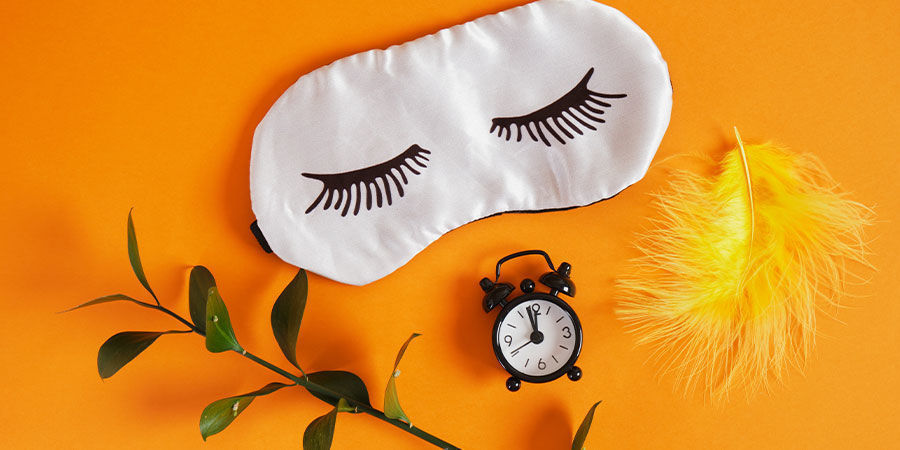
As an amino acid, tryptophan is an important building block for proteins, which are used to build new cells, enzymes, and hormones. Tryptophan gets converted by the body into 5-HTP and then serotonin. Serotonin is a neurotransmitter that helps to regulate mood, appetite, sleep, memory, and other biological functions.
The body also uses tryptophan to create melatonin and niacin (vitamin B3). Melatonin is a hormone that regulates our sleep-wake cycle, while niacin is an essential nutrient that helps the body turn food into energy.
What are the potential benefits of using tryptophan?
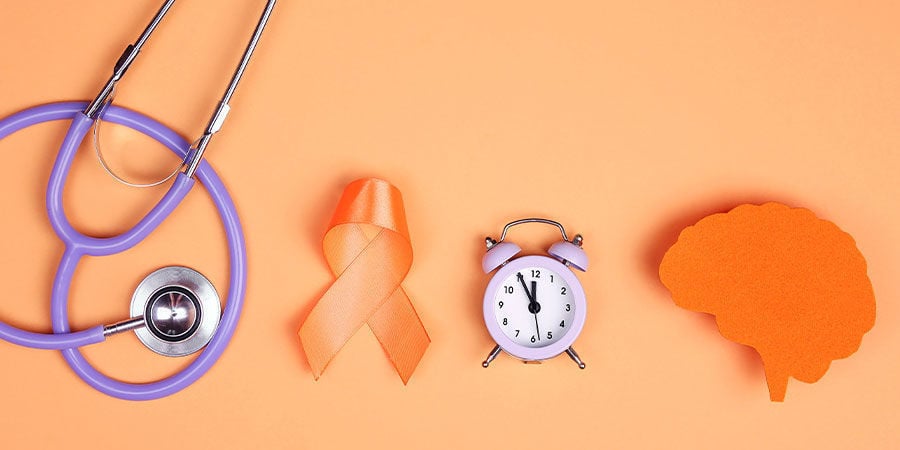
Tryptophan plays a role in multiple biological functions. Since our bodies rely on external sources of tryptophan, taking tryptophan supplements may aid in the regulation of those functions. While research on the benefits of tryptophan is promising, it's important to note that results are preliminary.
Possible benefits of supplementing tryptophan include the following.
Improved sleep quality

Struggling to fall asleep? Sleeping all night but still waking up tired? There's evidence that tryptophan may promote sleep and improve sleep quality. Tryptophan helps the body produce melatonin, a hormone that regulates our circadian rhythms and sleep patterns. Melatonin itself is often used as a supplement to help people fall asleep.
A 2022 scientific review of several different studies found that supplementing with tryptophan at doses higher than 1g may help to improve sleep quality. According to the analysis, sufficient doses of tryptophan taken in the evening may increase the duration of non-REM sleep (Sutanto et al.). Non-REM sleep, also known as deep sleep, has restorative properties. Thus, taking tryptophan supplements may help to improve quality of sleep.
The researchers also note that tryptophan may be most effective in individuals experiencing chronic sleep issues. While studies into tryptophan's sleep-promoting effects have been performed since the 1970s, more research is needed to better understand the mechanisms linking tryptophan to improved sleep quality.
Improved mood

Tryptophan helps the body to synthesise serotonin, and adequate levels of this feel-good chemical are associated with feelings of well-being and proper cognitive function. As such, some research suggests that supplementing with tryptophan could help to improve mood.
If you struggle with feelings of depression as winter hits and the sun starts setting earlier, you might have seasonal affective disorder (SAD). A traditional treatment for SAD is light therapy—lamps that simulate sunlight in order to boost vitamin D. However, not everyone responds to light therapy; could adding tryptophan be the answer? One study found that supplementing with 1g of tryptophan three times daily in addition to light therapy resulted in a significant improvement in depressive symptoms over light therapy alone (Lam et al., 1997).
A 2015 study of 25 healthy young adults examined the effects of a high-tryptophan diet on mood, anxiety, and depression. Researchers found that higher doses of tryptophan had a significant impact on related symptoms compared to low doses (Lindseth et al.).
Using tryptophan supplements may be more effective than dietary tryptophan alone. A 2021 scientific review concluded that supplementing 0.14–3g of tryptophan per day in addition to regular meals is likely to improve the mood of healthy individuals (Kikuchi et al.).
May impact premenstrual symptoms

Unfortunately, many women are familiar with the feeling of their life being turned upside down as their period approaches. If you're one of them, you could be suffering from PMDD.
Premenstrual dysphoric disorder (PMDD) is a more severe form of PMS. Symptoms can be debilitating, and start shortly before your period arrives. They include fatigue, bloating, and changes in sleep and eating habits. PMDD can also cause irritability, severe mood swings, anxiety, and feelings of hopelessness. Tryptophan is being studied for their potential to ease the impact of that monthly struggle.
Antidepressant drugs that act on serotonin have been shown to ease symptoms of PMDD. A placebo-controlled clinical trial investigated whether tryptophan supplements could be an effective treatment for the disorder. Researchers found that participants given tryptophan during the late-luteal phase of their menstrual cycle reported a marked improvement in dysphoria, mood swings, tension, and irritability compared to placebo. This is likely due to tryptophan's role in increasing serotonin-synthesis (Steinberg et al., 1999).
May impact migraine

If you've ever had a migraine, you know how debilitating they can be. While the exact cause of migraines is unknown, they have been linked to chronically low serotonin levels. Due to its role in increasing serotonin production, tryptophan may present an interesting avenue for addressing migraine.
A 2019 study of 582 randomly selected volunteers found that subjects who had an average intake of 0.84–1.06g of tryptophan per day were 54–60% less likely to develop a migraine compared to those who consumed less than 0.56g/day (Razeghi Jahromi et al.).
The study focused on tryptophan acquired from food. However, supplements may offer a more reliable and convenient way for migraine-sufferers to raise their tryptophan levels.
Enhanced exercise performance

Have you ever just given up halfway through your workout, even though you still had energy left? Research suggests that this could be due to a low level of tryptophan. In one study, athletes were asked to run on a treadmill until exhaustion. Those given tryptophan were able to exercise almost 50% longer than those who didn't take the supplement.
Not only could participants exercise for an extended period, but they also showed lower rates of perceived exertion—the subjective feeling one has regarding the difficulty level of the workout. In other words, test subjects worked longer at a continuous rate, but felt that it took less energy and willpower to do so (Segura & Ventura, 1988).
Appetite control

Trying to cut down on carbs? Tryptophan may work as a natural appetite reducer. During one study involving 15 healthy men given L-tryptophan, it was found that those who received the supplement ate fewer carbohydrates and more protein, resulting in an intake of 20% fewer calories (Hrboticky et al., 1985).
In research conducted on animals, rats given L-tryptophan were observed to eat less and less frequently (Latham & Blundell, 1979).
It is believed that low tryptophan levels may be one reason for increased carbohydrate cravings. While more research is needed, these findings suggest that tryptophan may help people to eat less, and to eat healthier.
May improve cognitive performance

When tryptophan levels are low, serotonin production switches into low gear. Adequate serotonin levels are linked to several aspects of cognitive functioning, such as memory and learning processes. Tryptophan supplements may be an effective nootropic, though research has primarily been conducted on rodents.
In one study, rats were dosed with tryptophan for a period of 42 days. The rodents showed improvements in memory after a testing period (Khaliq et al., 2006). In another study, researchers found that mice dosed with tryptophan were able to alter their behaviour and adapt to changing circumstances at a higher rate than normal. This led to the conclusion that serotonin—and therefore tryptophan—may enhance learning speed (Iigaya et al., 2018).
Is tryptophan safe to use?
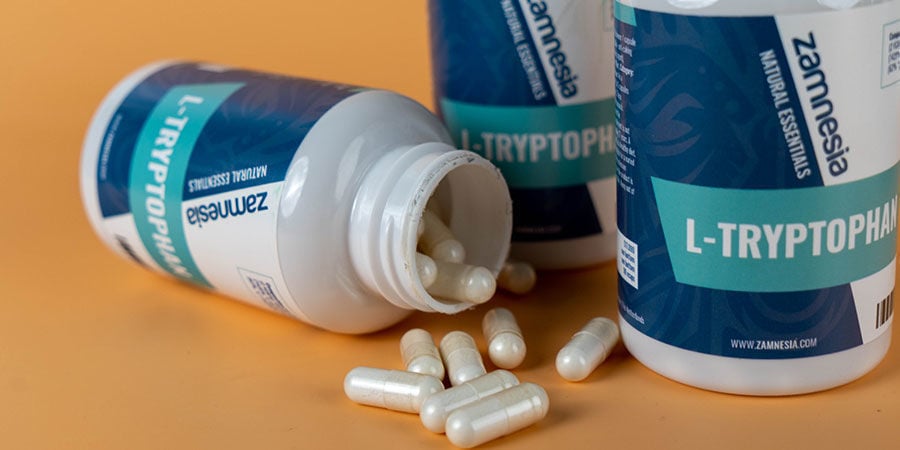
Tryptophan is one of the essential amino acids our body needs, and we ingest it on a regular basis through protein-rich foods. Supplementing with tryptophan is generally considered safe, though occasional side effects may occur.
Are there any side effects associated with tryptophan?
Side effects are usually the result of taking too much tryptophan, and tend to be modest and short-lived (Fernstrom, 2012). Possible side effects include:
- Drowsiness (not a problem if you're taking tryptophan for sleep)
- Stomach pain
- Vomiting
- Diarrhoea
- Headache
- Blurry vision
While most side effects from taking tryptophan are mild, they can become more serious if high doses of tryptophan are used in combination with other drugs that act on serotonin, such as certain antidepressants. It's always safest to check with your doctor or pharmacist before adding a new supplement to your routine.
Discover how tryptophan works for yourself
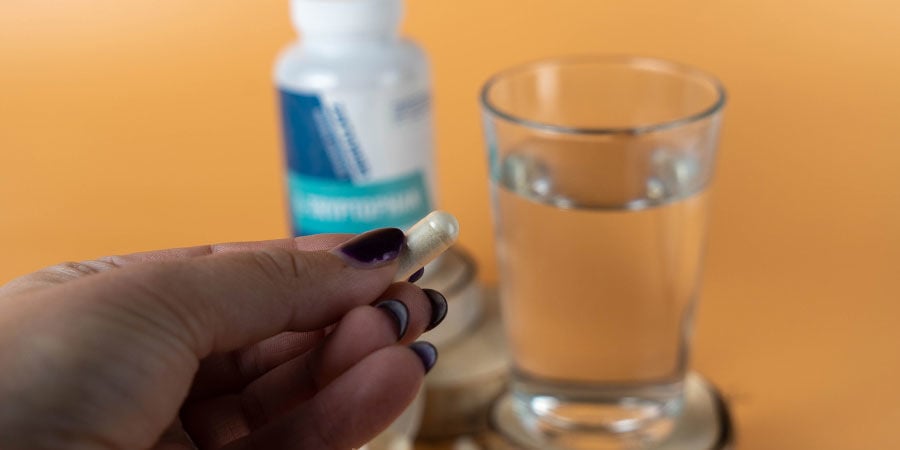
Tryptophan is an essential amino acid and one of the building blocks of protein synthesis. Notably, the body uses tryptophan to create serotonin, melatonin, and niacin (vitamin B3). It is thus an essential component in regulating energy, mood, sleep, appetite, and various cognitive functions. However, our body doesn't produce tryptophan naturally; we have to get it from external sources.
While tryptophan can be found in foods, an easier method of consumption is tryptophan supplements. Fortunately, the Zamnesia Healthshop carries top-quality L-tryptophan supplements you can purchase today to experience the amino acid for yourself!
- Fernstrom, & John D. (2012/12/01). Effects and Side Effects Associated with the Non-Nutritional Use of Tryptophan by Humans - https://academic.oup.com
- Glenda Lindseth, Brian Helland, & Julie Caspers. (2015/04/01). The Effects of Dietary Tryptophan on Affective Disorders - https://www.psychiatricnursing.org
- Hrboticky, N., Leiter, L. A., & Anderson, G. H. (1985/06/01). Effects of L-tryptophan on short term food intake in lean men - https://www.sciencedirect.com
- Iigaya, Kiyohito, Fonseca, Madalena S., Murakami, Masayoshi, Mainen, Zachary F., Dayan, & Peter. (2018). An effect of serotonergic stimulation on learning rates for rewards apparent after long intertrial intervals - https://www.nature.com
- Khaliq S, Haider S, Ahmed SP, Perveen T, & Haleem DJ. (2006 Jan). Relationship of brain tryptophan and serotonin in improving cognitive performance in rats - https://pubmed.ncbi.nlm.nih.gov
- Kikuchi, A. M., Tanabe, A., & Iwahori, Y. (2021). A systematic review of the effect of L-tryptophan supplementation on mood and emotional functioning - https://www.tandfonline.com
- Lam, R. W., Levitan, R. D., Tam, E. M., Yatham, L. N., Lamoureux, S., & Zis, A. P. (1997). L-Tryptophan Augmentation of Light Therapy in Patients with Seasonal Affective Disorder - https://journals.sagepub.com
- Latham, C. J., & Blundell, J. E. (1979/05/21). Evidence for the effect of tryptophan on the pattern of food consumption in free feeding and food deprived rats - https://www.sciencedirect.com
- R. Segura, & J. L. Ventura. (1988, October). Effect of L-Tryptophan Supplementation on Exercise Performance - https://www.thieme-connect.de
- Razeghi Jahromi, Soodeh, Togha, Mansoureh, Ghorbani, Zeinab, Hekmatdoost, Azita, Khorsha, Faezeh, Rafiee, Pegah, Shirani, Pedram, Nourmohammadi, Morvarid, Ansari, & Hossein. (2019, November). The association between dietary tryptophan intake and migraine - https://link.springer.com
- Steinberg, S., Annable, L., Young, S. N., & Liyanage, N. . (1999). Elsevier: Article Locator Error - Article Not Recognized - https://linkinghub.elsevier.com
- Sutanto, Clarinda N, Loh, Wen Wei, Kim, & Jung Eun. (2022/01/10). The impact of tryptophan supplementation on sleep quality: a systematic review, meta-analysis, and meta-regression - https://academic.oup.com
You might also like













 United States
United States

